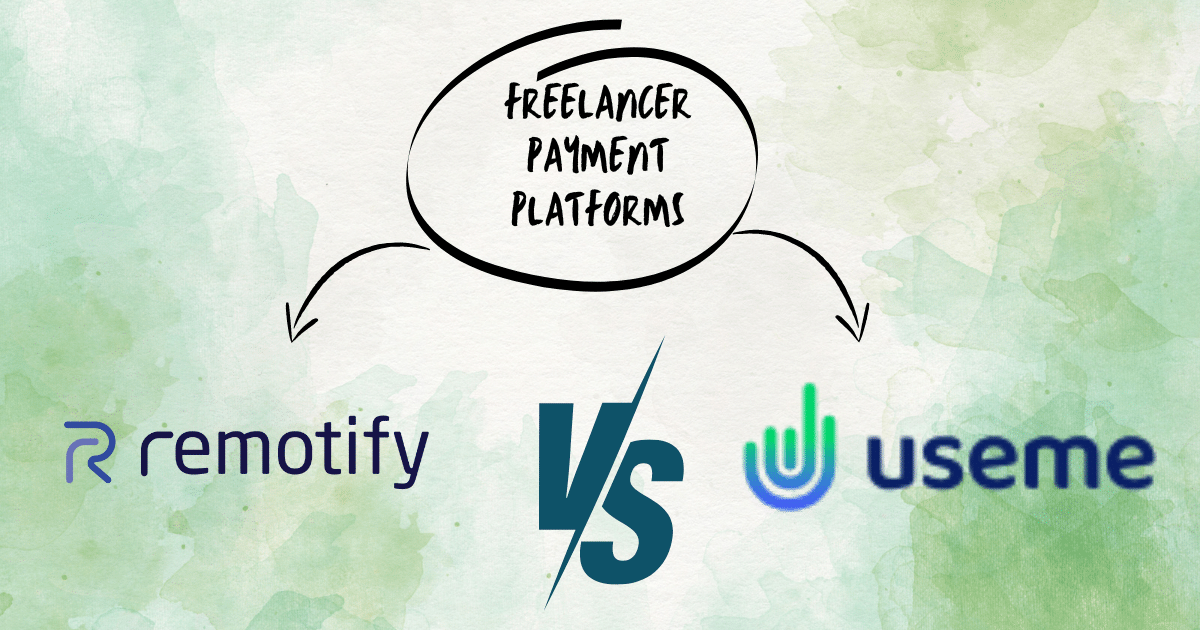It’s essential for freelancers to remain aware of the current global economy, then successfully to manage the ever-changing environment of remote work and the gig economy

The global economy is constantly evolving, influenced by various factors such as technological advancements, market trends, geopolitical events, and economic policies. As a freelancer, it’s crucial to stay informed about the current state of the global economy to effectively navigate the ever-changing landscape of remote work and the gig economy. In this blog, we will explore some important facts about the current global economy that every freelancer should be aware of, including market trends, opportunities, challenges, and financial stability. To learn more about the gig economy, you can also check: 10 Interesting facts about gig economy.
Market Trends and Opportunities for Freelancers:
The current global economy presents several market trends and opportunities that can benefit freelancers. One significant trend is the rise of the digital economy, driven by technological advancements and the increasing demand for remote work. The gig economy, which refers to the use of short-term contracts or freelance work, has been growing steadily, offering freelancers a wide range of opportunities across different industries and sectors. As businesses and organizations continue to embrace remote work, freelancers with digital skills such as programming, digital marketing, content creation, and design are in high demand.
Another market trend is the increasing need for diversification and adaptability. In today’s economy, freelancers need to be versatile and adaptable to different projects and clients. This may involve expanding skill sets, exploring new niches or industries, and being open to working with clients from different countries or cultures. Freelancers who can diversify their services and adapt to changing market demands are more likely to thrive in the current global economy. You can check our blog and learn how to expand your skillset: 7 platforms for freelancers to develop skill sets with free courses

Challenges and Financial Stability for Freelancers:
Despite the opportunities, freelancers also face challenges in the current global economy. One significant challenge is the lack of financial stability and job security. Freelancers do not have the same level of stability and benefits as traditional employees, and income can be unpredictable due to fluctuations in demand or changes in client relationships. Freelancers must practice prudent financial planning, including budgeting, saving for emergencies, and investing for the future.
Another challenge is the increasing competition in the gig economy. As more people turn to freelancing as a way to earn a living, the competition for clients and projects becomes fiercer. Freelancers need to constantly upskill, stay updated with industry trends, and market their services effectively to stand out in a crowded marketplace.
The Impact of Technology on Freelancing:
Technology plays a significant role in shaping the current global economy and the freelance landscape. Advancements in technology have made remote work possible, connecting freelancers with clients from around the world. Digital tools and platforms have also made it easier for freelancers to manage their workflow, collaborate with clients, and market their services. However, technology can also disrupt traditional industries and change the demand for certain skills. Freelancers need to stay updated with the latest technological developments and continuously upgrade their digital skills to remain relevant in the rapidly evolving digital economy.
For example, new AI tools will help you to be more productive and efficient in your freelance projects. To learn more about that you can check: How to use AI Compliantly and Properly for Your Freelance Projects
The Importance of Adaptability and Diversification:
In the current global economy, adaptability and diversification are key to freelancers’ success. Freelancers need to be flexible and adaptable to changing market demands, client preferences, and technological advancements. This may involve learning new skills, expanding services, or exploring new niches or industries. Freelancers should also diversify their client base and income streams to mitigate risks associated with fluctuations in demand or changes in client relationships. Building a diverse portfolio of clients and income sources can provide freelancers with more financial stability and flexibility in the current global economy.
Considerations for Taxes and Financial Planning:
As a freelancer, understanding the tax implications and financial planning is crucial in the current global economy. Freelancers are responsible for managing their taxes, including income taxes, self-employment taxes, and other applicable taxes based on their location and clients’ location. It’s important to keep accurate records of income and expenses, seek professional advice, and plan for tax payments to avoid any surprises during tax season. There are several types of business taxes which you can learn from: How To Understand Different Types of Business Taxes?
Financial planning is also essential for freelancers to ensure financial stability and security. Freelancers should create a budget, save for emergencies, plan for retirement, and consider insurance options to protect against unforeseen events. Having a solid financial plan can help freelancers navigate the ups and downs of the gig economy and achieve their long-term financial goals.

Pros and Cons of the Current Global Economy for Freelancers:
Like any other economic situation, the current global economy has its pros and cons for freelancers. Some of the pros include access to a global talent pool, remote work flexibility, increased earning potential, and the ability to diversify services and clients. Freelancers can also take advantage of the opportunities presented by the digital economy, technological advancements, and changing market trends to grow their businesses.
On the other hand, some cons of the current global economy for freelancers include the lack of financial stability and job security, increased competition, fluctuations in demand, and the need to continuously upgrade digital skills to remain relevant. Freelancers may also face challenges related to taxes, legal requirements, and different cultural norms when working with clients from different countries.
Closure:
As the global economy continues to evolve, freelancers need to be aware of the facts and trends shaping the current landscape. Navigating the gig economy and remote work requires adaptability, diversification, and financial planning. While there are opportunities to thrive as a freelancer in the current global economy, there are also challenges that need to be considered and managed effectively. Staying informed, upgrading digital skills, diversifying services and clients, and practicing prudent financial planning can help freelancers succeed in the dynamic and competitive world of remote work and the gig economy.






